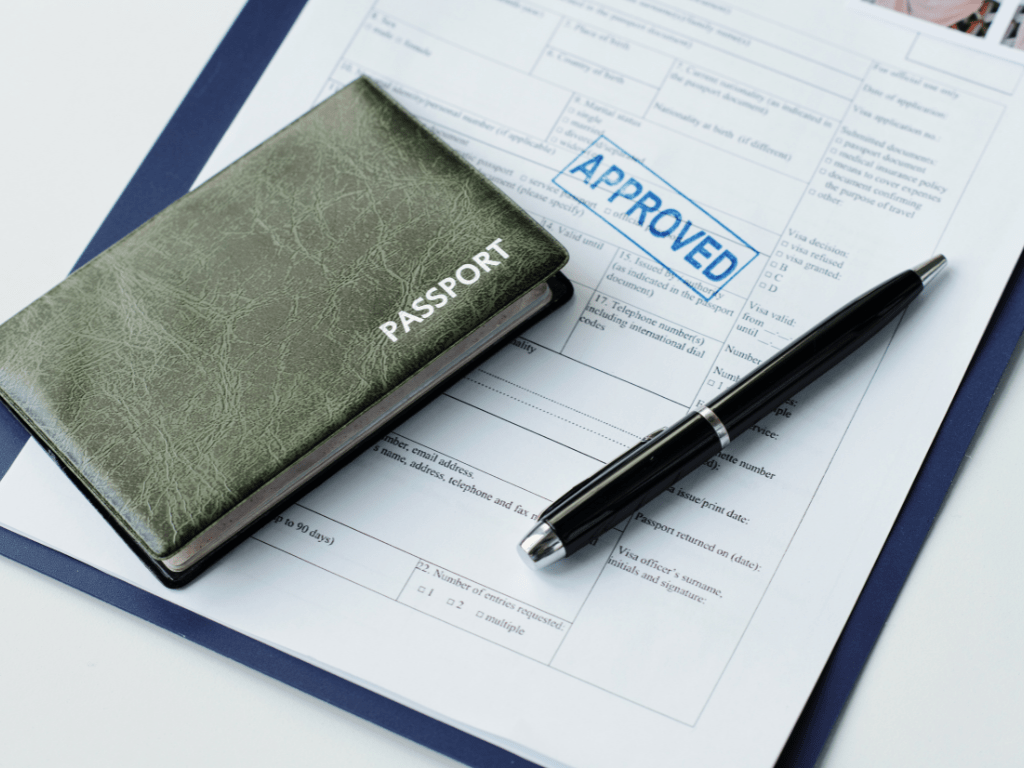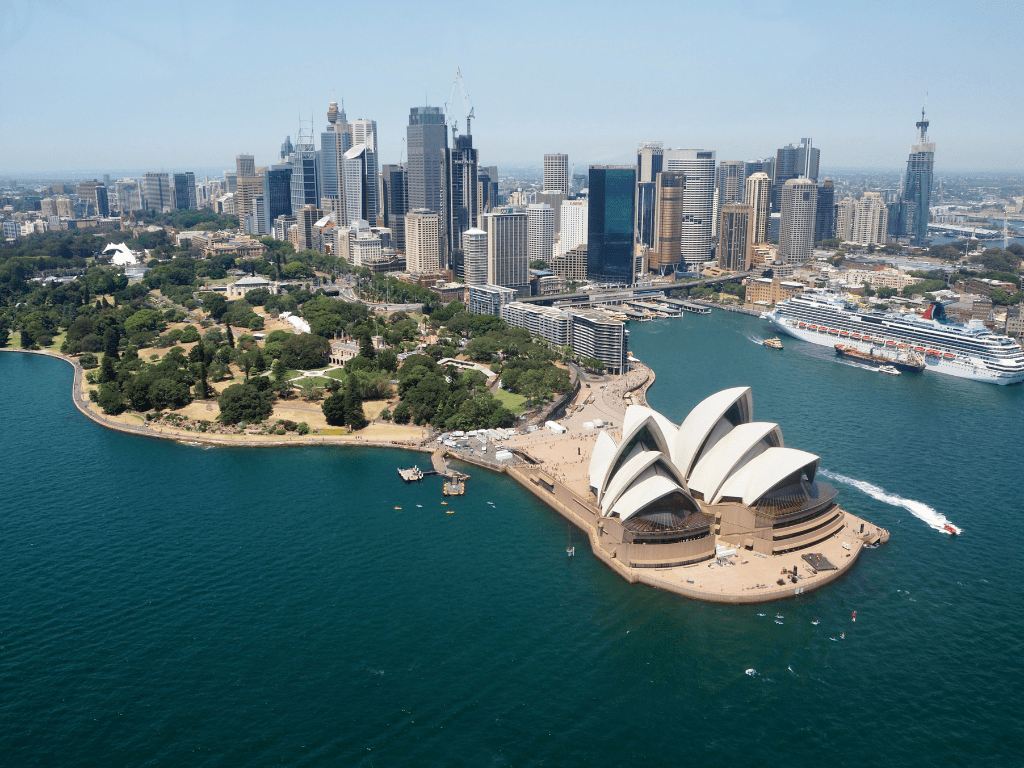Australia is a popular destination for international students, offering a unique blend of natural beauty, quality education, and a multicultural society. Here are some reasons why you should choose to study in Australia:









WhatsApp us